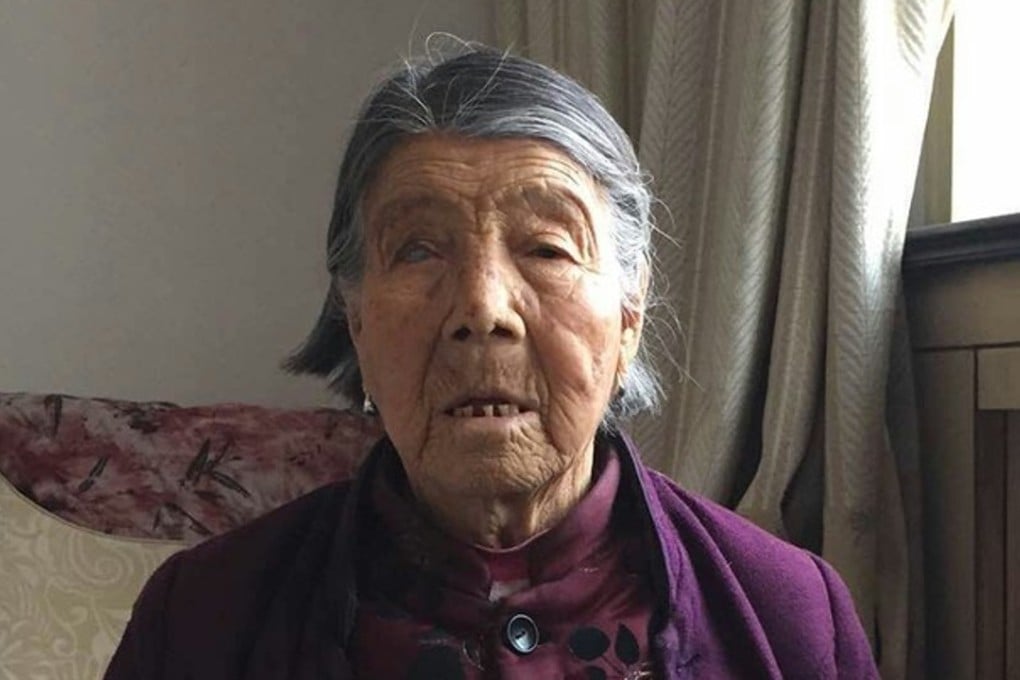Wartime sex slaves still emerging in China, but some will take secret to the grave
Surviving ‘comfort women’ and their children pledge to continue fight for apology and compensation for suffering at hands of Japanese military

In the 12 months leading up to Wednesday’s 80th anniversary of the start of the Nanking massacre, a researcher in the city discovered two previously unknown Chinese survivors of forced sexual slavery organised by the Japanese military.
Liu Guangjian, from the Memorial Hall for Victims in Nanjing Massacre by Japanese Invaders, has been researching the “comfort women” issue for the two-year-old, government-run Comfort Women Museum in Nanjing.
He said there were only 15 Chinese survivors left, the last of the comfort women who had testified publicly in China. He visited seven in Hainan last year, but two had since died.
Liu said two new survivors had come forward in the past year to testify of their suffering in Japanese military brothels.
Chinese ‘comfort women’: accounts of Japan’s wartime sex slaves remembered in newly translated book
“One was from Hunan, another one was in Zhejiang,” he said. “The women didn’t even know they were comfort women. When these women shared their suffering with the others, people passed on their stories to the researchers. After identification by specialists, they were confirmed as comfort women.”
One survivor who testified 36 years ago, He Yuelian, still has traumatic flashbacks so intense she will scream “Get out! Get out!” day or night – 74 years after her terrifying ordeal in a Japanese military brothel.